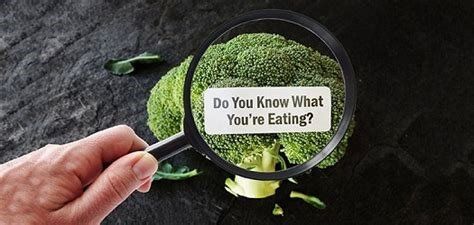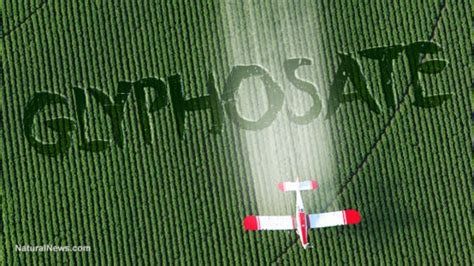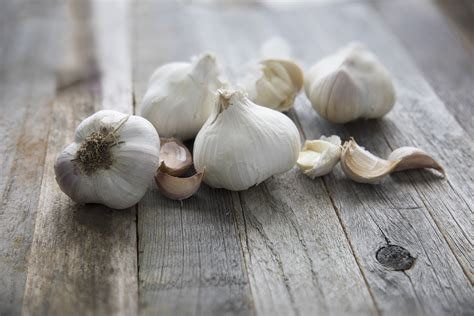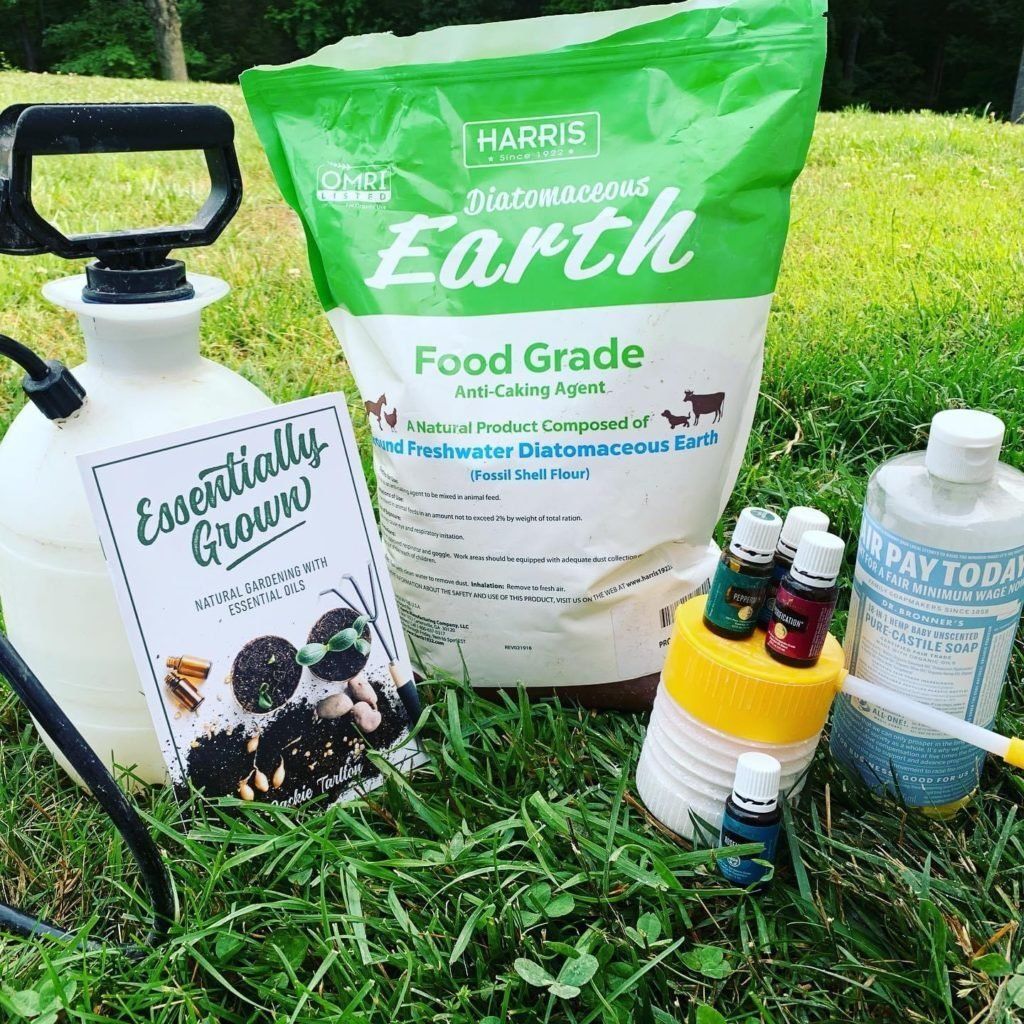How Does Your Garden Grow

Along with Summer comes pests....
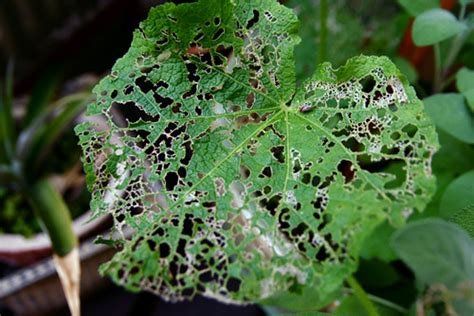
Whether you spend a lot of family time in the back yard, grow a vegetable garden, or are the proud parent of fur babies, you share a common task during summer months-- pest control. As if dealing with the weather and ensuring your lawn & garden get enough water and nutrients weren’t already taxing, Mother Nature adds in little, tiny critters that want to eat your tomatoes, and you for that matter.
If you love to garden as much as I do, then you find satisfaction in all the hard work and dedication you put into it. So when a pest like potato beetles decide to devour the fruits of your labor, literally, it’s easy to make a quick trip to pick up a pesticide off the store shelf to rid you of the problem. The problem with common pesticides is their toxicity and danger to your health. Many of these chemicals have been linked to higher risk of cancer, kidney issues and hormone disruption. (1). Treating with pesticides also disrupts the natural ecosystem of the garden by exterminating both pollinators and beneficial insects along with the destructive ones. Pesticides ar similar to antibiotics as they will create stronger, genetically advanced, pesticide-resistant pests.
In addition to the harmful side effects of direct exposure to these chemicals, studies conducted by the Environmental Working Group have shown these toxic chemicals are present in popular food products being sold in grocery stores. Although these pesticides are marketed as safe, several cities across the U.S. have banned their use. (2) (3)
SAFE ALTERNATIVES
THE GOOD NEWS IS YOU CAN FIGHT THESE PESKY CRITTERS WITH SAFE AND NATURAL ALTERNATIVES WITHOUT CAUSING HARM TO YOU OR YOUR FAMILY
It’s difficult to enjoy the sunshine when mosquitos and ticks are overtaking your lawn. It’s also hard to enjoy your pets when they’re covered in disease carrying ticks. An easy solution is Garlic. Garlic concentrate can be mixed with water and sprayed on your lawn to deter flies, mites, mosquitos and ticks. You can also feed garlic to your pets as an alternative to the over the counter flea and tick pill. (4)
If your garden is being invaded by aphids or any number of other pests, food grade diatomaceous earth is a great option to protect the fruits of your labor. Sprinkle it on your plants being careful not to breathe it in and it will kill pests as they come in contact with its sharp microscopic edges. Neem oil is another great resource that can be sprayed directly on your plant to not only suffocate the existing pests, but also to deter any future invaders. (5)
I have been using essential oils in my garden for many years now. Pure essential oils are very effective at keeping the garden pest and chemical-free. Since essential oils are the natural, concentrated, aromatic liquid of plants, it makes sense that they can be used for their properties to benefit garden plants. Essential oils are very effective at not only chasing away harmful garden pests, but also protecting plants against disease, improving the health of the plant and attracting beneficial insects.
I routinely spray my garden with Young Living Purification essential oil, Thyme oil, and Peppermint Oil. These cover a wide array of pests and benefit the health of my plants. I take a gallon size spray bottle, fill with rain water, a squirt of Dr. Bronner’s soap or Thieves Dish Soap, 10 drops of Purification, 10 Peppermint oil and 5 drops Thyme. Mix and spray. I will often dust the plant with Diatomaceous Earth after spraying. Reapply weekly or after a rain.
In an upcoming blog, we will be addressing Summer woes in regards to our skin. Be on the lookout for natural ways to enjoy the outdoors without sacrificing your largest organ.

